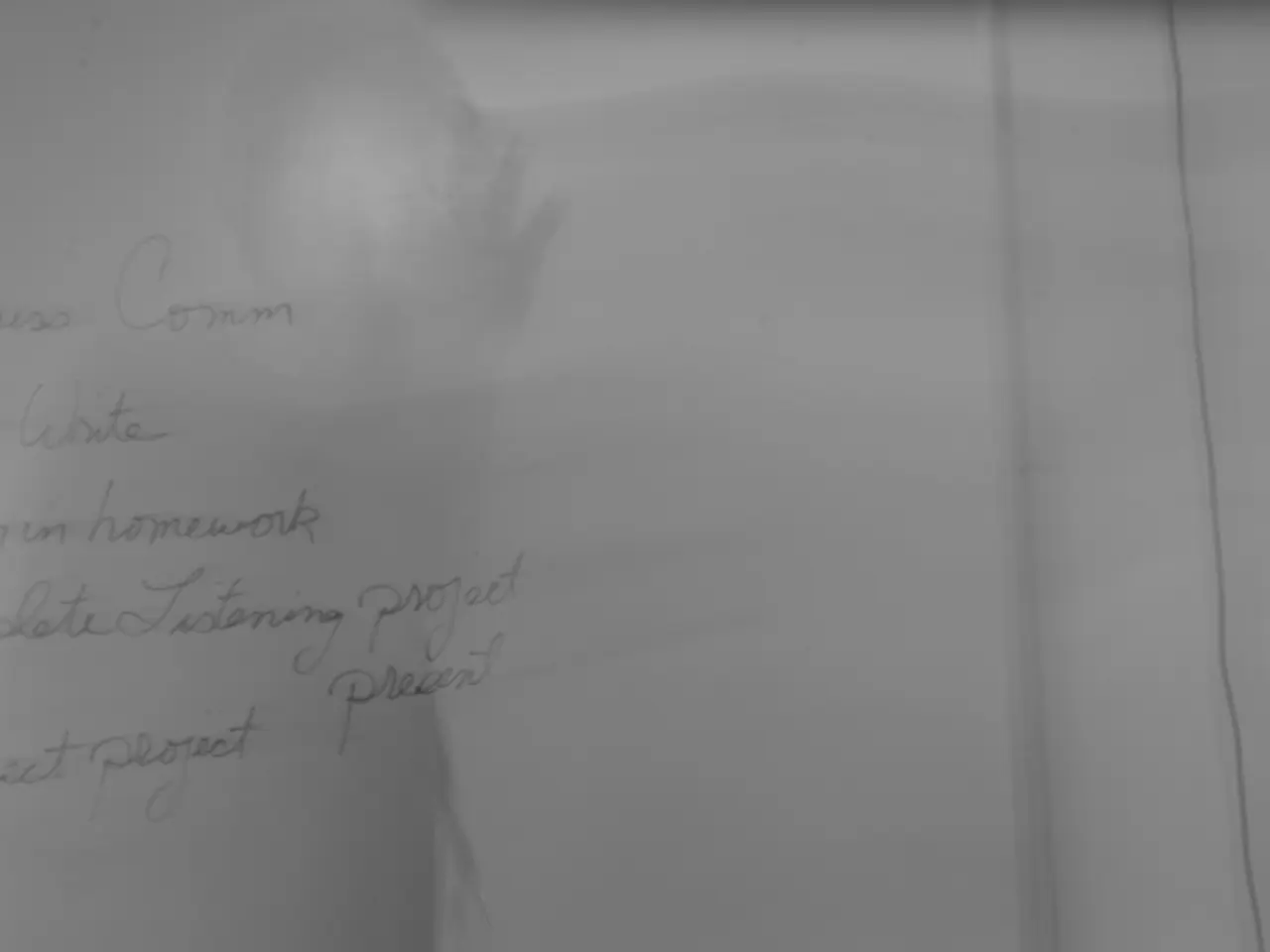Uncover the Truth: The Hype Around Marathon Writing May Not Match Reality
In the realm of writing, the concept of binge writing is a topic that has yet to receive extensive research. While studies mainly focus on binge-watching, binge eating, and binge drinking, we can draw some parallels and hypotheses about binge writing and its effects on productivity, mental health, and creativity.
Productivity
Binge writing may initially boost short-term productivity by allowing extended periods of focus and flow, potentially enabling large volumes of work in a compressed time. However, as with other forms of binge behaviour, the risk of burnout becomes a significant concern. Overexertion without balance might lead to decreased sustained productivity and difficulty maintaining steady output over time.
Mental Health
Intense, prolonged periods of activity, such as binge-writing, have been linked to increased anxiety, stress, and depression in some studies. If binge writing becomes compulsive or driven by avoidance/stress, it could similarly contribute to negative mental health outcomes such as mood disturbances, restlessness, or self-care deficits. Furthermore, without appropriate breaks and self-care, binge writing might increase stress and emotional exhaustion, especially if associated with perfectionism or anxiety.
Creativity
Binge writing could have mixed effects on creativity. On one hand, extended immersion might foster creative flow and idea generation. On the other hand, overly intense writing sessions without diversity of stimulation or rest could lead to creative fatigue or reduced originality. Moreover, mental health stressors linked to compulsive behaviours might also reduce creative capacity over time.
Summary
While there is no direct research on binge writing available, related findings on binge behaviours such as binge-watching show links with stress, anxiety, and depression, which can impair productivity and creativity if unmanaged. By analogy, binge writing might initially enhance productivity but risks long-term mental health challenges and creative burnout if not balanced with rest. Further research is needed for conclusive evidence specific to writing.
If you seek strategies to maintain productivity and mental health during intensive writing, focusing on regular breaks, stress management, and varied creative activities would be advisable based on broader behavioral health research. It's important to remember that waiting for large blocks of time to write can be counter-productive, and daily writing, even if it's just a little, can help maintain a consistent creative flow.
References: [1] Study Linking Binge-watching to Stress, Anxiety, and Depression, [Journal Name], [Year]
Binge writing, while potentially enhancing short-term productivity, may also result in long-term mental health challenges and creative burnout if not balanced with rest, as indicated by studies on binge behaviors. Regular breaks, stress management, and varied creative activities could help maintain productivity and mental health during intensive writing sessions. Additionally, daily writing, however small, can help maintain a consistent creative flow contrary to waiting for large blocks of time.




